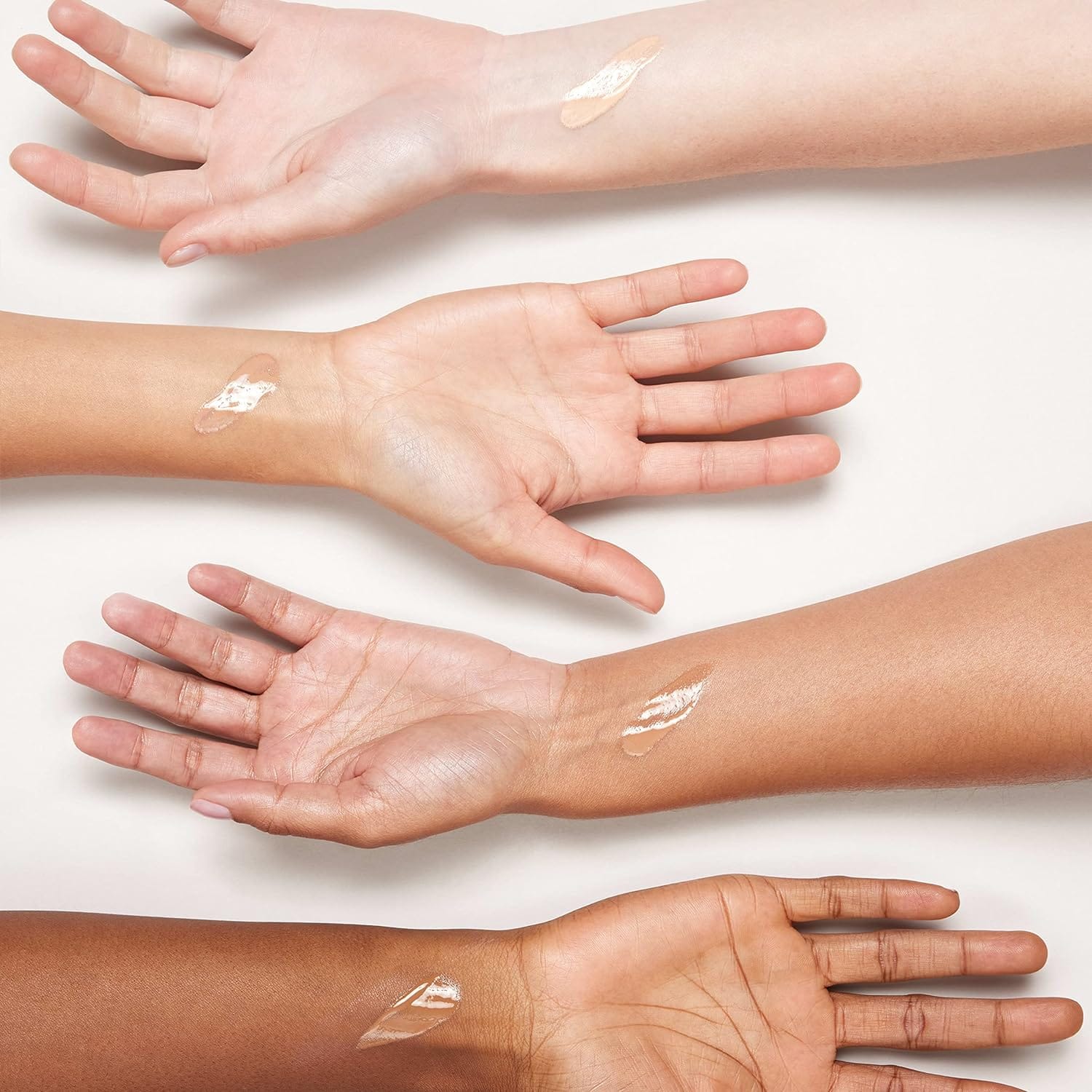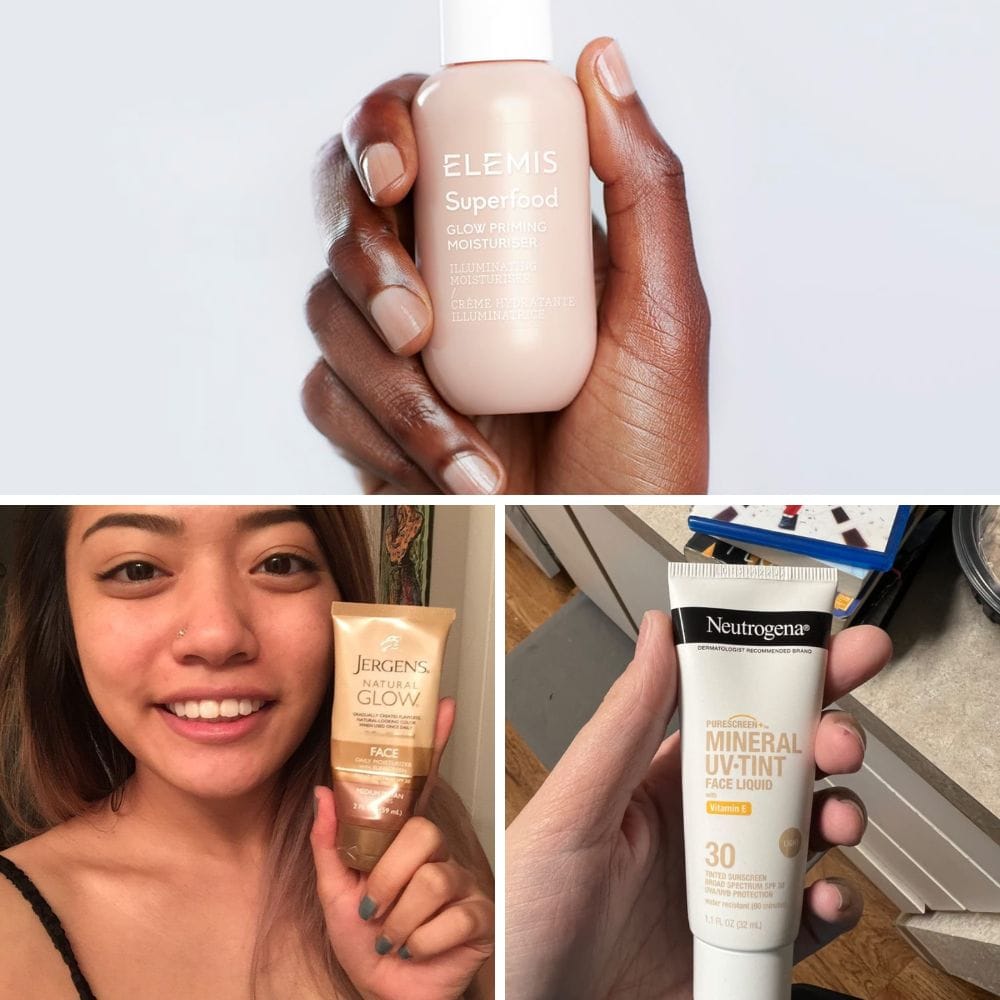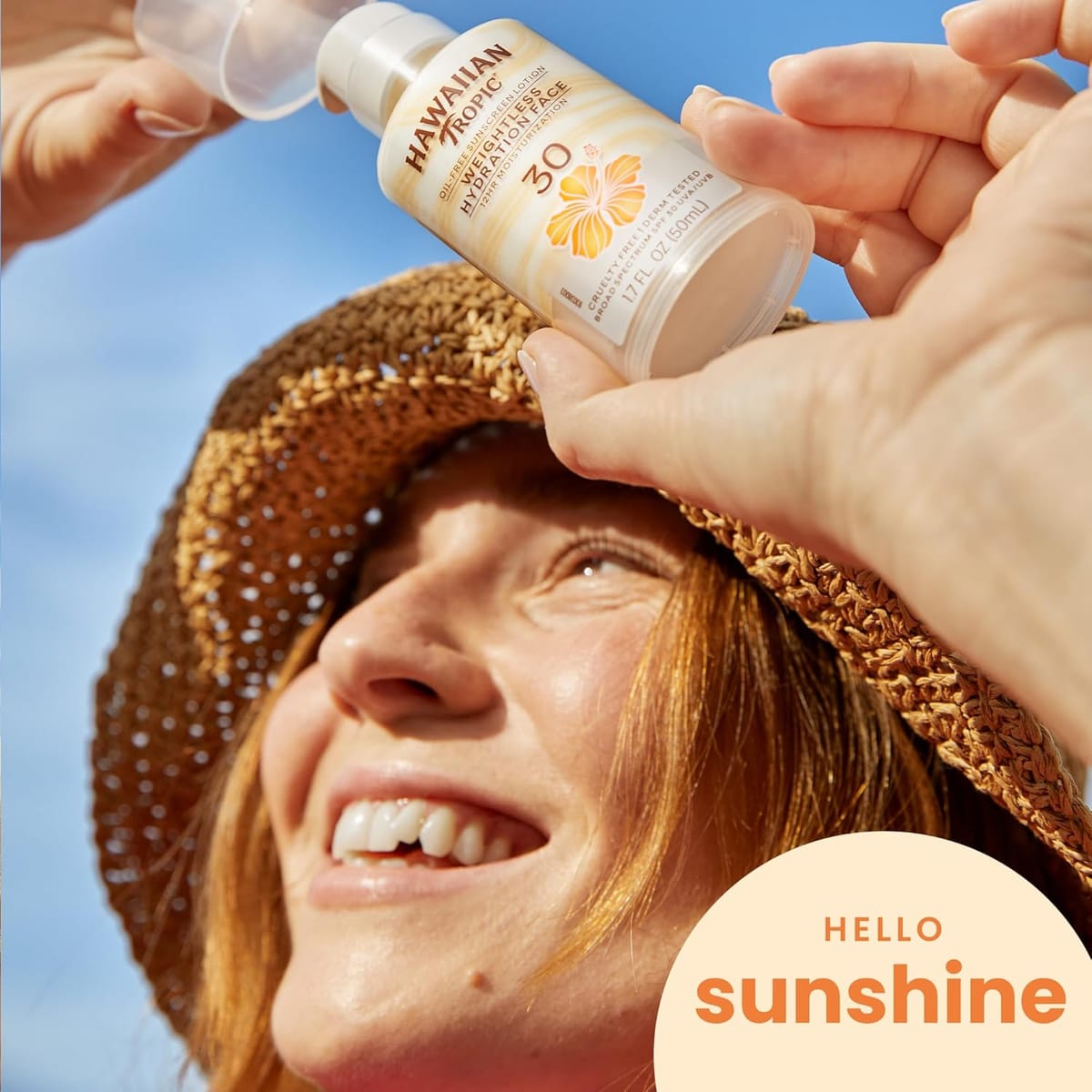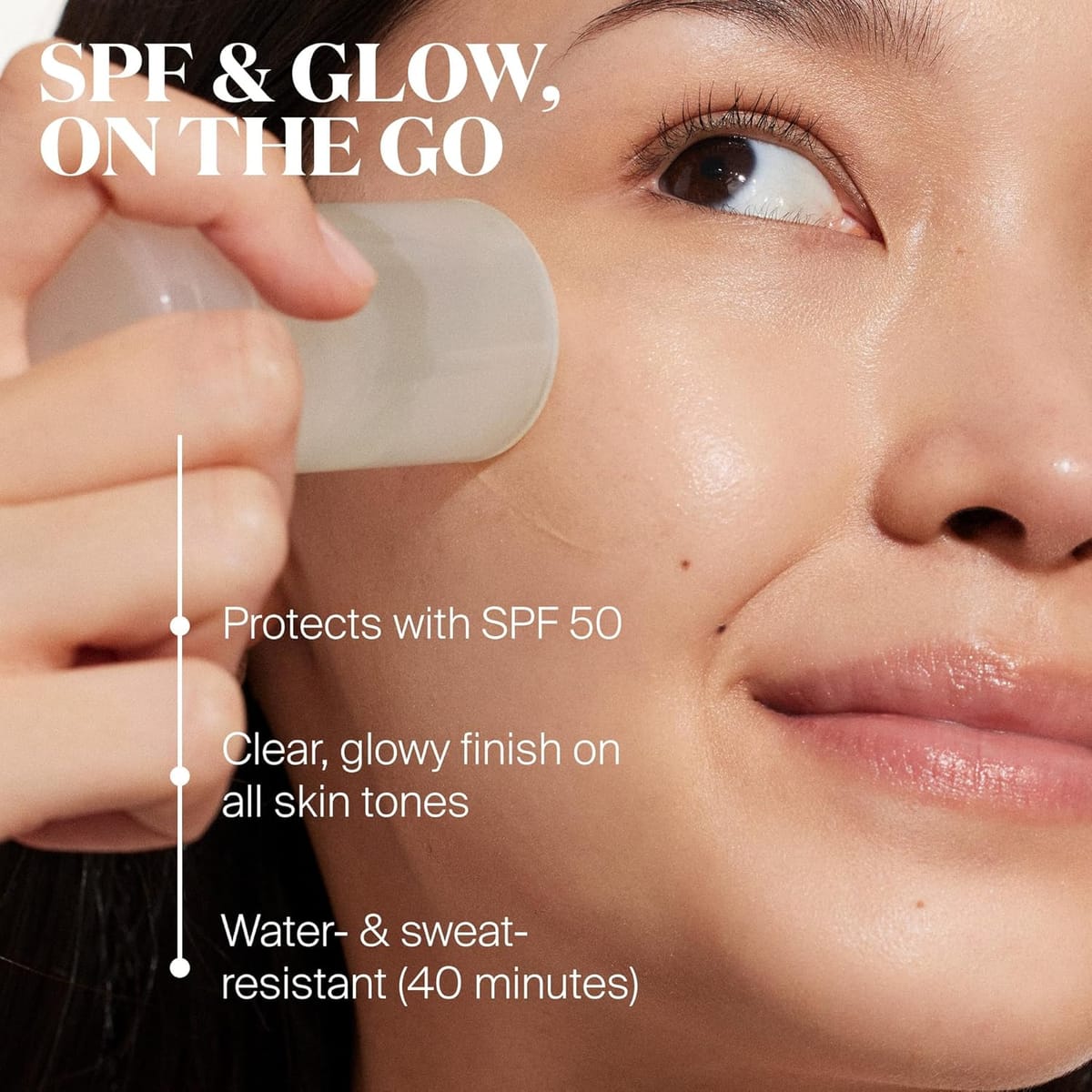Key Takeaways:
- Sunscreen should be applied every two hours, especially after swimming or sweating.
- Broad-spectrum protection is essential to guard against both UVA and UVB rays.
- Reapplying sunscreen is crucial for maximum protection against sun damage and skin cancer.
Introduction
Sunscreen is your skin's best friend when it comes to protecting against the harmful effects of UV radiation. But how often should you apply sunscreen to exposed skin to ensure you're getting the best protection? This article dives deep into the nitty-gritty of sunscreen application, offering practical advice and tips to keep your skin safe and healthy.
The Importance of Sunscreen
Sunscreen is a vital part of any skincare routine. It protects your skin from UV rays, preventing sunburn and skin damage. By wearing enough sunscreen often, you can significantly reduce your risk of these issues.
But it's not just about slathering on any sunscreen. You need to choose a product that offers broad-spectrum protection, meaning it guards against both UVA rays and UVB rays. This ensures that you're protected from the full spectrum of harmful radiation.
The Role of SPF

SPF stands for Sun Protection Factor and indicates how well sunscreen can protect the skin from UVB rays. The higher the SPF, the better the protection. However, no sunscreen can block 100% of UV rays, so reapplying sunscreen is important regardless of the SPF level.
For everyday use, an SPF of 30 is generally sufficient. If you're spending extended periods outdoors, consider using a higher SPF for added sun protection.
Mineral vs. Chemical Sunscreens
Mineral sunscreens which contain ingredients like zinc oxide and titanium dioxide, sit on top of the skin and reflect UV rays, preventing them from burning the skin. They are often recommended for people with sensitive skin because they are less likely to irritate.
On the other hand, chemical sunscreens absorb UV rays and convert them into heat, which is then released from the skin. Both types are effective, but the best choice depends on your skin type and personal preference.
Sunscreen and Makeup
If you wear makeup, you might wonder how to incorporate sunscreen into your routine. Many foundations and BB creams now come with SPF, but they often don't provide enough protection on their own. Applying a layer of sunscreen underneath your makeup is best for optimal protection.
Reapplying sunscreen over makeup can be tricky, but there are products like SPF powders and setting sprays that make it easier to stay protected throughout the day.
Sunscreen for Different Skin Types

Different skin types have different needs when it comes to sunscreen. For dry skin, look for sunscreens with hydrating ingredients to keep your skin moisturized. If you have oily skin, opt for a lightweight, non-comedogenic formula that won't clog your pores.
Sensitive skin can benefit from mineral sunscreens, which are less likely to irritate. Always do a patch test before trying a new mineral sunscreen to ensure it won't cause any adverse reactions.
The Impact of Blue Light
Blue light from screens can also contribute to skin damage and premature aging. Some sunscreens now offer protection against blue light, making them a great addition to your skincare routine if you spend a lot of time in front of screens.
While blue light protection is still a relatively new concept, it's worth considering if you're looking for comprehensive skin protection.
Sunscreen and Outdoor Activities
If you're engaging in outdoor activities like swimming or sweating, it's crucial to reapply sunscreen more frequently. Water-resistant sunscreens can offer some protection, but they must be reapplied every two hours for maximum effectiveness.
Towel drying can also remove sunscreen, so make sure you need to reapply sunscreen after drying off to maintain your protection.
Protective Clothing and Shade
In addition to wearing sunscreen, protective clothing can offer your body an extra layer of defense against UV rays. Hats, sunglasses, and long-sleeved shirts can help protect your skin from direct sunlight.
Seeking shade during peak sun hours on cloudy days, typically between 10 AM and 4 PM, can also reduce your risk of sun damage. Combining these strategies with regular sunscreen application offers the best protection.
Sunscreen for Kids
Children's skin is more sensitive to UV rays, making it even more important to apply sunscreen regularly. Look for sunscreens specifically formulated for kids, which are often gentler on the skin.
Make it a habit to apply sunscreen to your kids every two hours, especially if they're playing outdoors or swimming. Teaching them the importance of sun protection from a young age can help instill good habits for the future.
Sunscreen for Lips
Your lips are just as susceptible to sun damage as the rest of your skin. Look for lip balms with SPF to keep your lips protected. Reapply throughout the day, especially after eating or drinking.
Lip balms with SPF are a simple yet effective way to protect your lips from UV rays and prevent sunburn.
Sunscreen and Premature Aging
UV rays from the sun are a major contributor to premature aging, causing wrinkles, fine lines, and age spots. Regularly applying sunscreen can help keep your skin looking youthful and healthy.
Incorporating sunscreen into your daily skincare routine is one of the best ways to prevent premature aging and maintain a radiant complexion.
Sunscreen for Indoor Use
Even if you're spending the day indoors, it's still important to wear sunscreen. UV rays can penetrate windows, and ultraviolet and blue light from screens can also cause skin damage.
Make it a habit to apply sunscreen every morning, regardless of your plans for the day. This ensures that you're always protected from sun exposure, no matter where you are.


How often should I reapply sunscreen if I'm swimming or sweating?
You should also need to reapply your sunscreen every two hours, and immediately after swimming or sweating. Water-resistant sunscreens can offer some protection, but they must be reapplied regularly to maintain their effectiveness.
Can I use makeup with SPF instead of sunscreen?
While makeup with SPF can offer some protection, it's often not enough to protect you. Applying a layer of sunscreen underneath your makeup is best for optimal protection.
Is it necessary to wear sunscreen indoors?
It's crucial to wear sunscreen indoors as UV rays can penetrate windows, and blue light from screens can also cause skin damage. Remember to reapply sunscreen every morning, no matter what your plans are for the day.

Applying sunscreen every two hours is crucial for protecting your skin from UV rays and preventing sun damage. Choose a broad-spectrum sunscreen with an appropriate SPF, and don't forget to reapply sunscreen regularly, especially after swimming or sweating. Incorporate sunscreen into your daily skincare routine, and consider additional protective measures like clothing and shade for the best protection.










